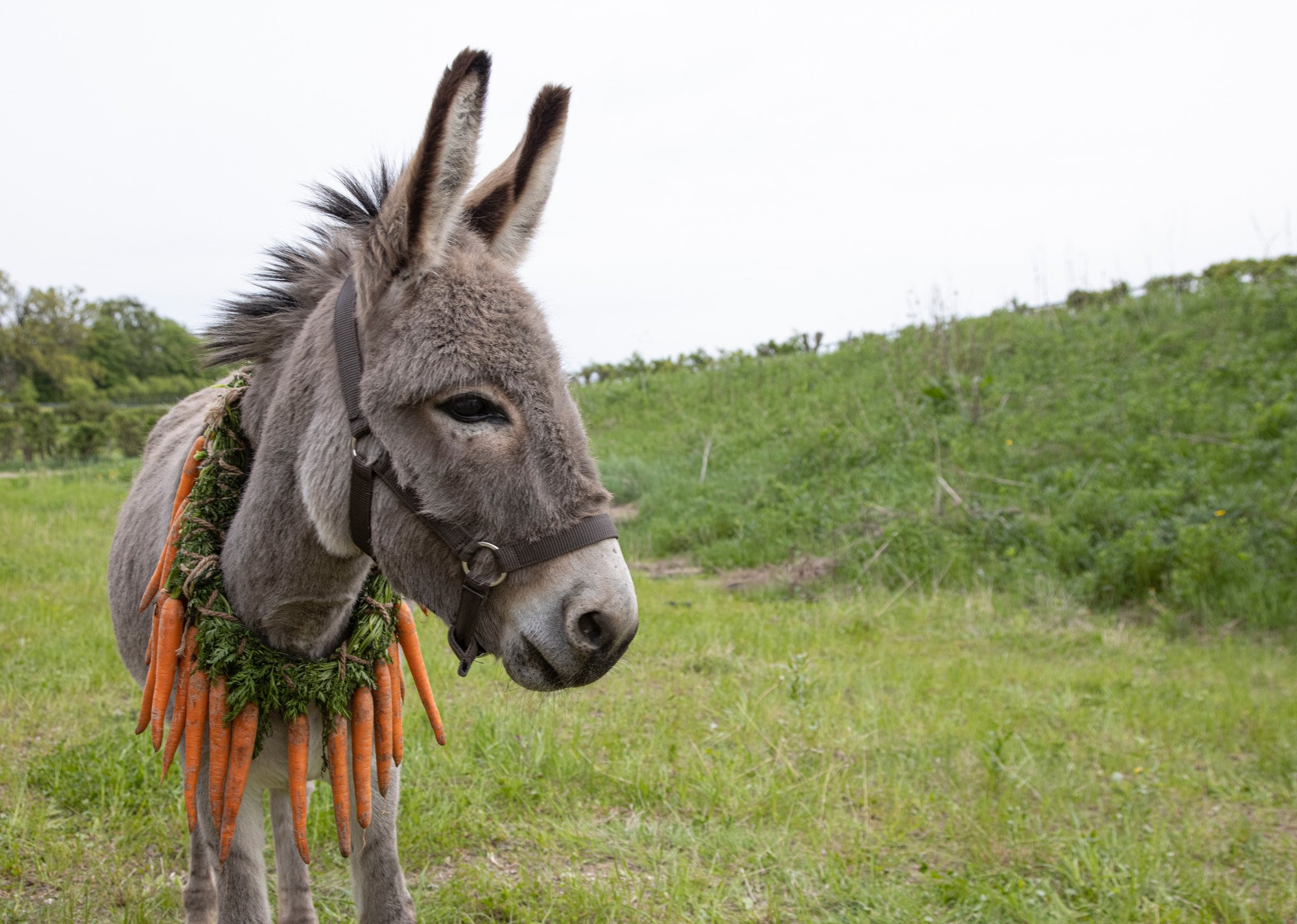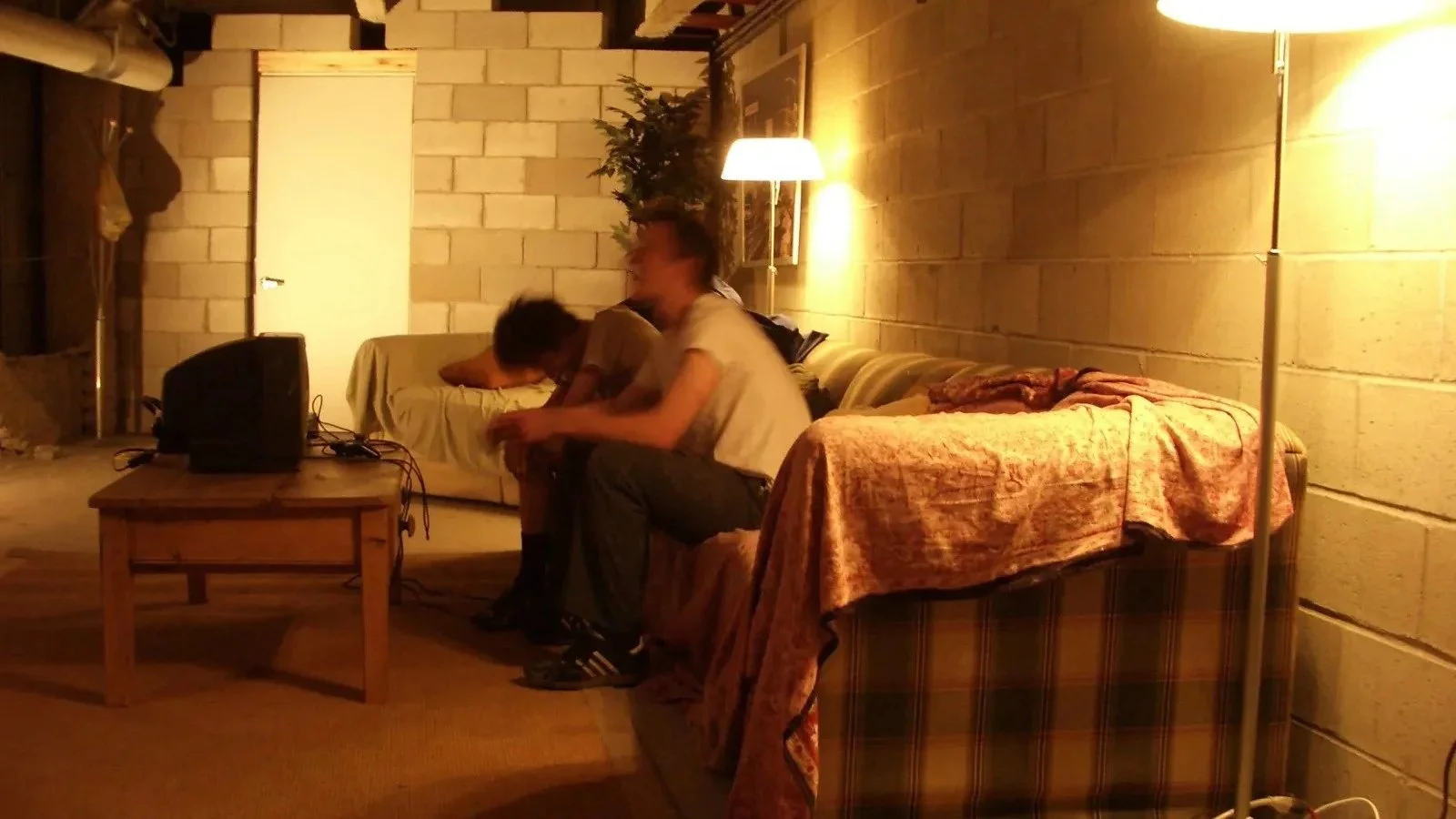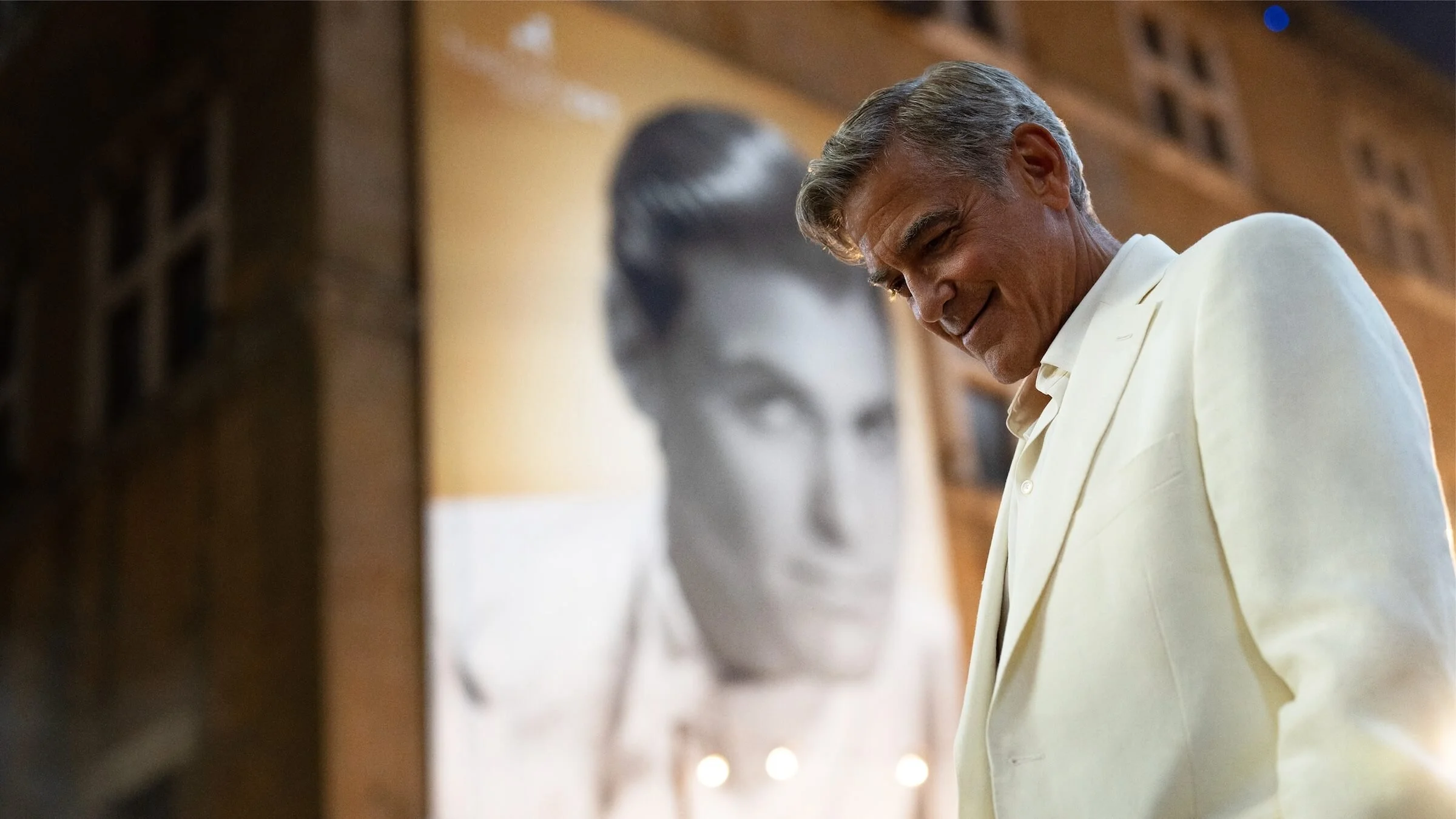Review: EO (2022)
If you like watching animals suffer on screen, boy, do we have a movie for you. I kid, but Jerzy Skolimowski’s EO, winner of the Jury Prize at the 2022 Cannes Film Festival, is one of those films that plays upon our natural sympathy for animals on screen. It is a remake-of-sorts of Robert Bresson’s classic Au Hasard Balthazar, with the same narrative structure that follows the noble donkey at its centre as it passes from owner to owner, experiencing the breadth of human compassion and cruelty along the way.
Updating a film as iconic as Au Hasard Balthazar might sound like an act of hubris, but the veteran filmmaker (who was already making movies when Au Hasard Balthazar came out in 1966) has something distinct on his mind with EO. For one, Skolimowski isn’t interested in transcendence; the donkey is not a stand-in for Christ, and the cruelty he bears is not meant to be a reflection of Christ’s own death on the cross. Furthermore, Skolimowski investigates human nature with a far more ironic distance than Bresson. Balthazar in Bresson’s film may watch his humans with grace, but Skolimowski’s EO (named after the noise a donkey makes, ee-ohh) seems as likely to roll his eyes as weep for the humans he meets.
Over the course of the film, we follow EO as he passes from one owner to another and wanders the towns and landscapes of modern Poland. In the opening scene, Polish authorities come and free him from the circus where he’s a key part of Kasandra’s (Sandra Drzymalska) act. The authorities claim new humane laws as the motivation for taking the donkey, seemingly rescuing him from a cruel life of servitude as a circus performer. However, as soon becomes apparent, the cruel irony of the film is that Kasandra is the only person who treats EO with something approaching unconditional love. Everyone else may be kind or cruel, but they do not see the donkey as anything more than just-another-beast.
The picaresque plotting alternates between moments of hilarity and moments of heartbreak. A humorous interlude at a soccer match turns into a violent brawl between opposing teams. A detour into Italy features a surprise appearance by Isabelle Huppert as a wealthy countess. Not all of the film is concerned with humans, either.
The most arresting stretch follows EO into the forest where he watches owls and wolves at work in the nighttime, which is visualized as something akin to Snow White fleeing into the forest in the classic Disney film. This is followed up by a hallucinogenic journey through space and time—at least, visually—where Skolimowski and cinematographer Michal Dymek shoot through red filters and have EO observe a wind turbine as if it’s the obelisk from 2001: A Space Odyssey.
We watch EO watch and witness his reactions, which makes him as much a character as any of the humans in the film. The film’s way of anthropomorphizing the animals also makes it unique from Au Hasard Balthazar. Early on, EO is stabled alongside a majestic white horse. We watch as caretakers patiently bathe and brush the horse, while EO watches with his big, dark eyes, refused any of the affection the humans pour on the beautiful stallion. When EO approaches the horse, it bays and forces him back, as if offended that such a low beast would dare to draw near to his majesty. Later on, EO watches a rancher kill minks with a taser and EO eyes him with seeming contempt, waiting for the rancher’s head to get dangerously close to his back leg.
Of course, the donkey is not actually acting happy or sad or angry in these moments, but Skolimowski constructs the scenes to create this emotional effect. We get reaction shots and close-ups of his dark eyes and cutaways to the faces of other animals that create the impressions of personalities. We start to treat EO with personhood, which becomes a clear objective as the film starts to make a more passionate anti-animal trade statement in its closing moments. The final scene is a last gut punch to hit home the cruelty of animal abuse, but also one that clarifies the artificiality of the whole enterprise.
Thus, unlike Bresson’s film, EO lacks a transcendent next step, which would add spiritual meaning to any of the kindness or cruelty we witness. Of course, that’s basically the whole point of the film. The message seems to be that if you can spend 88 minutes learning to care about this beast, perhaps you can learn to care about all the others like him.
7 out of 10
EO (2022, Poland/Italy)
Directed by Jerzy Skolimowski; written by Jerzy Skolimowski and Ewa Piaskowska; starring Sandra Drzymalska, Lorenzo Zurzolo, Mateusz Kościukiewicz, Isabelle Huppert.



Joe Carnahan’s cop thriller starring Matt Damon and Ben Affleck is an enjoyable whodunnit.